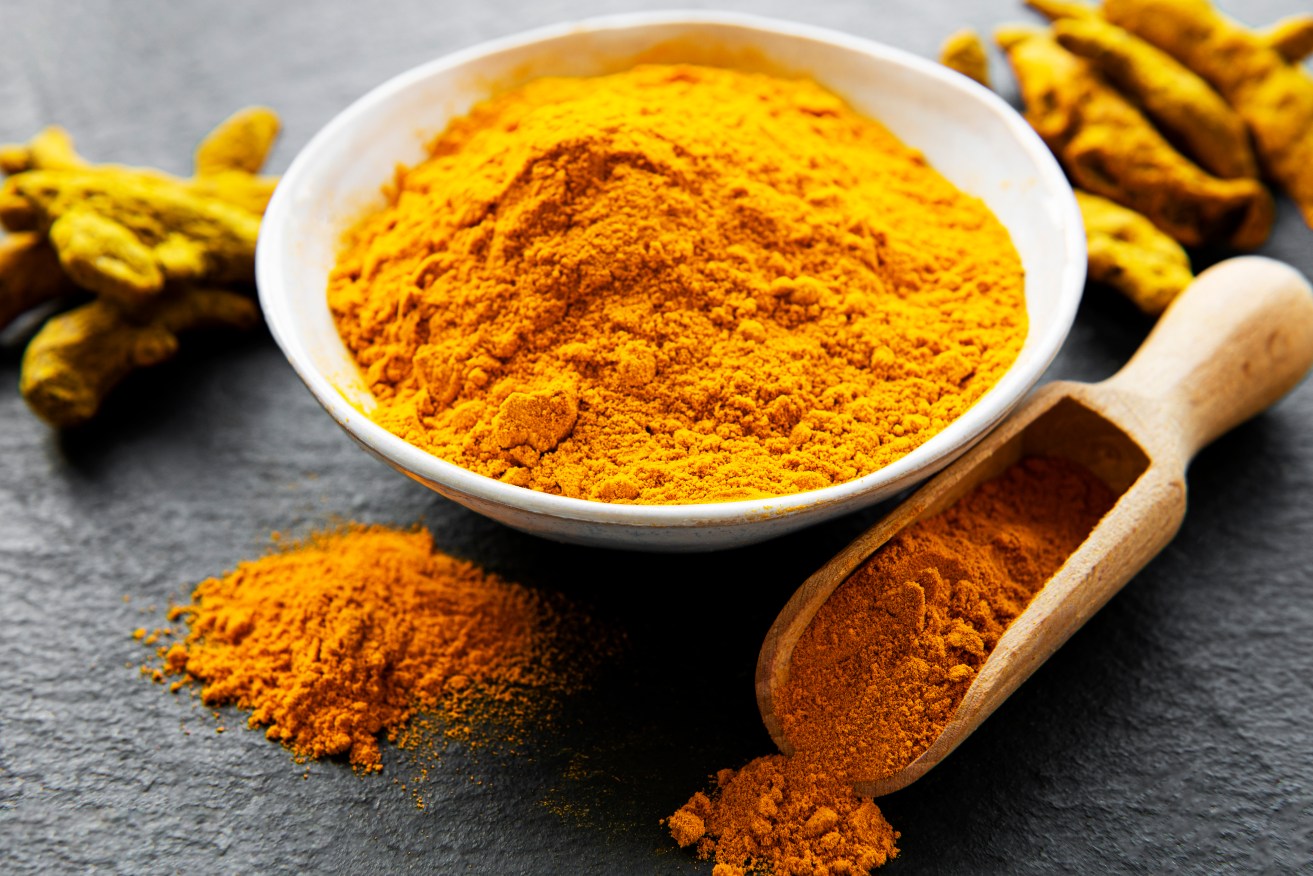Turmeric as a treatment for indigestion? Science says maybe


Turmeric has been used as a digestive aid for centuries. Science has caught up. Photo: Getty
A new, widely reported study suggests that the popular spice turmeric can be as effective as prescription-only treatments for indigestion.
Should you try it?
People in south-east Asia have reportedly used turmeric as a medicine for thousands of years.
In traditional Chinese and Ayurvedic medicine, this golden powder is used to relieve arthritis pain and regulate menstruation.
Turmeric has been adopted as an alternative treatment for digestive issues and liver function.
However, quality studies with human participants have been relatively scanty. And there has been no head-to-head studies comparing turmeric with established medical treatments.
That has changed
In the first study of its kind, a natural compound found in turmeric – an anti-inflammatory called curcumin – appears to be as effective as omeprazole, a drug used to curb excess stomach acid, for treating indigestion symptoms.
Omeprazole is sold in Australia under the brand name Sandoz – and used in the treatment of reflux oesophagitis (discomfort caused when stomach contents are brought up after feeding) and stomach ulcers.
Given turmeric’s popularity with wellness influencers, the suggestion that this trendy spice (golden lattes, anyone?) might rival prescription remedies for efficacy has generated quite a buzz.
In the small study, participants – recruited from hospitals in Thailand – experienced a significant reduction in the severity of their symptoms after taking turmeric supplements for 28 days.
These improvements were even stronger after 56 days.
Reade more about curcumin here.
Why this might be a good thing
Omeprazole is a proton-pump inhibitor, or PPI for short.
It’s used to treat functional dyspepsia – a catch-all term for recurring symptoms of an upset stomach that have no obvious cause.
Symptoms include feeling excessively full after food (postprandial fullness), feeling full up after only a little food (early satiety), and pain and/or burning sensation in the stomach and/or food pipe (epigastric pain).
But, as the researchers from Chulalongkorn University Faculty of Medicine, Bangkok point out, long-term use of PPIs has complications.
Notably, protracted PPI use has been linked to increased fracture risk, micronutrient deficiencies, and a heightened risk of infections.
‘Natural’ alternative could be useful
The researchers say their findings may justify considering turmeric’s use in clinical practice.
And that might be right. But there are a number of things to keep in mind.
For one thing, turmeric isn’t readily absorbed into the body. However its bio-availability is improved by taking it with black pepper.
And while turmeric is safe to be consumed when used in cooking, larger doses won’t benefit everybody.
A review at Healthline advises:
- Turmeric can affect blood clotting, so it shouldn’t be taken by anyone on blood-thinning medication, such as warfarin or aspirin
- It can also interfere with other supplements or medications such as antidepressants
- People with diabetes shouldn’t use turmeric. It can cause your blood sugar to reach dangerously low levels
- Some people report that turmeric worsens their symptoms of acid reflux.
Still, it’s worth having a discussion with your doctor.








